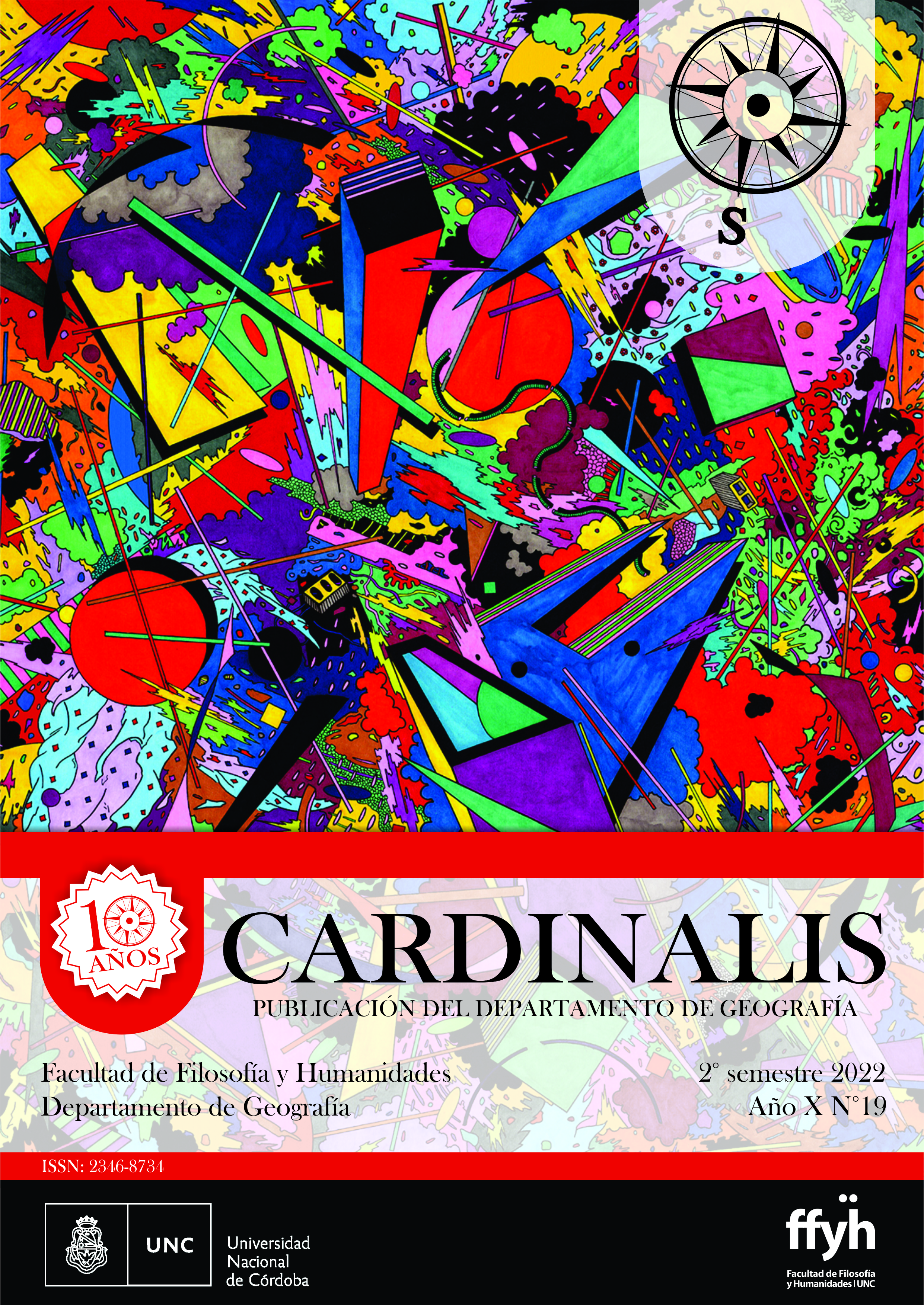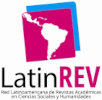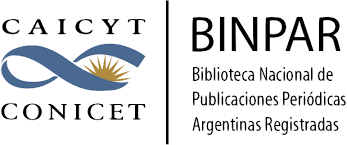Environmental conflicts and geographic imaginaries in urban fluvial territories
controversies around the management of flood disaster risk in Bahía Blanca city
Abstract
Floods, overflows and droughts have acquired a notorious visibility on public policies due to the adverse environmental consequences they generate for the communities that live in the vicinity of the courses/bodies of water and wetlands. Urban river territories have been characterized as areas of increasing environmental conflict, given a greater frequency and intensity of extreme hydrometeorological events attributed to climate change and the dynamics achieved by neoliberal urbanism.
The aim of this work is to identify and analyze the environmental conflicts and the geographical imaginaries in the fluvial territories of the Napostá Grande stream in Bahía Blanca, in order to rethink the risk management of flood disasters and the and the unequal and unfair distribution of the adverse environmental consequences generated. A qualitative methodological strategy is used, through the review of scientific, technical, journalistic, photographic and literary publications to analyze the meanings, knowledge and figurations
that guide the interventions of different social actors in the face of these extreme events and their implications in the territorial public policies in the study area.
The occurrence of extreme water events configures urban fluvial territories of growing inequality, injustice and uncertainty. Although the emergency in the face of disasters will have increasing notoriety on public policies, it is necessary that interventions on these issues
contain ideas and proposals from a wide range of social actors with interests in these territories, often conflicting.
Downloads
Downloads
Published
Issue
Section
License

This work is licensed under a Creative Commons Attribution-NonCommercial-ShareAlike 4.0 International License.
Aquellos autores/as que tengan publicaciones con esta revista, aceptan los términos siguientes:- Los autores/as conservarán sus derechos de autor y garantizarán a la revista el derecho de primera publicación de su obra, el cuál estará simultáneamente sujeto a la Licencia de reconocimiento de Creative Commons (indicada abajo) que permite a terceros compartir la obra siempre que se indique su autor y su primera publicación esta revista.
- Los autores/as podrán adoptar otros acuerdos de licencia no exclusiva de distribución de la versión de la obra publicada (p. ej.: depositarla en un archivo telemático institucional o publicarla en un volumen monográfico) siempre que se indique la publicación inicial en esta revista.
- Se permite y recomienda a los autores/as difundir su obra a través de Internet (p. ej.: en archivos telemáticos institucionales o en su página web) antes y durante el proceso de envío, lo cual puede producir intercambios interesantes y aumentar las citas de la obra publicada. (Véase El efecto del acceso abierto).

Esta obra está bajo una Licencia Creative Commons Atribución-NoComercial-CompartirIgual 4.0 Internacional.






